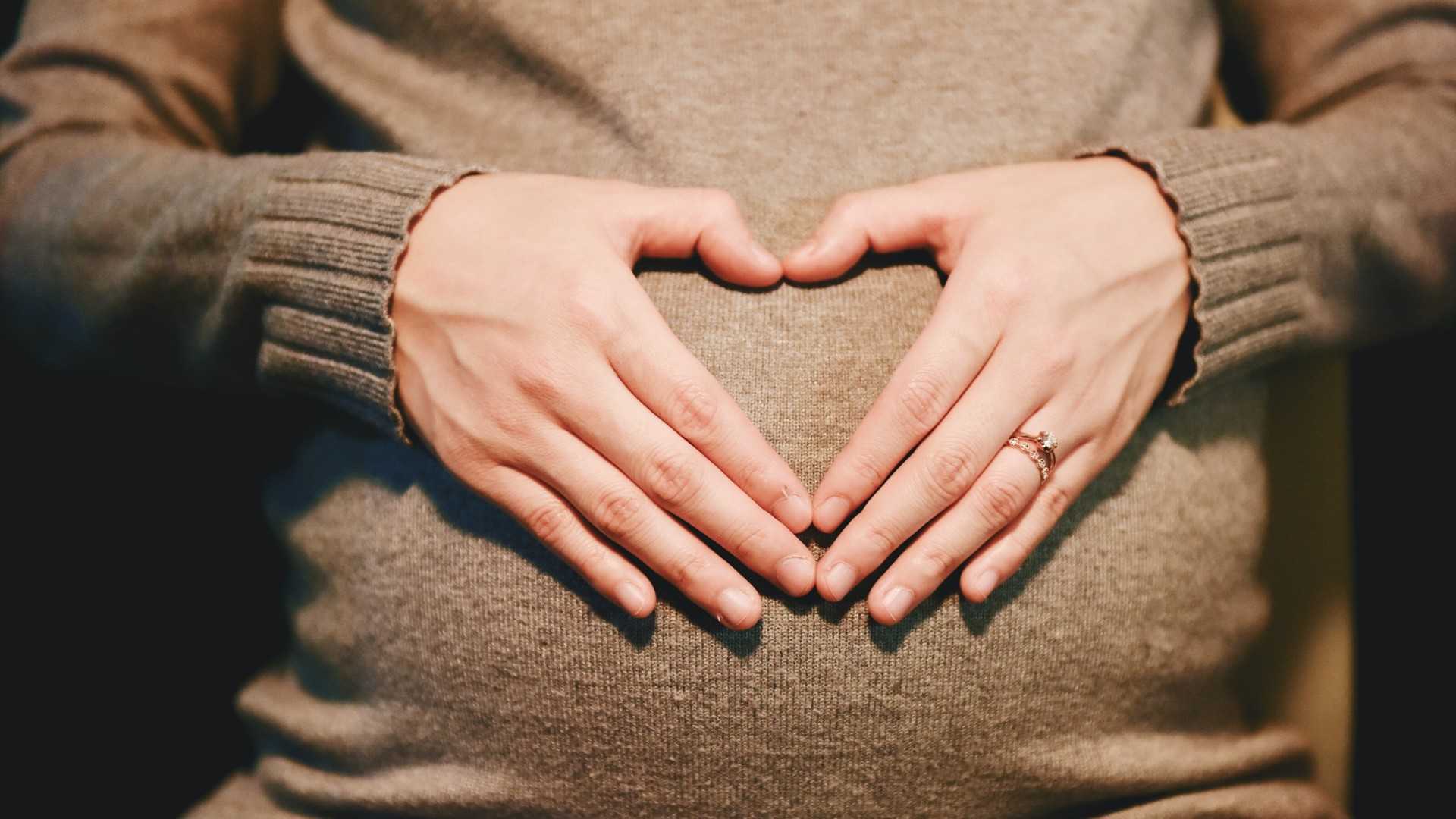I shocked a faculty member at the University of California while conversing with him in the middle of campus. He was defending abortion using the reasons popularly offered to justify it. He said, “It’s a decision between a woman, her doctor, and her God.” He brought up the idea that if abortion were made illegal, women would be forced into dangerous, back-alley abortions. He emphatically said, “Woman should have the right to choose.” Then I shocked him.
I agreed. I said, “Of course we shouldn’t interfere with a woman, her doctor, and her God. We shouldn’t force any woman into a dangerous, back-alley abortion.” I said, “A woman should have the right to choose…if….” “If what?” he asked. I knew this was where the conversation really started.
Often, we lose sight of the main issue in the abortion debate. The fundamental question we must ask is, “What is the unborn?” Abortion involves the killing and discarding of something that’s alive. We all know it’s alive because it’s growing. That’s the “problem” abortion seeks to address. And whether it’s right or not to intentionally take the life of this living being depends entirely upon the answer to one question: “What kind of being is it?”
Most defenses of abortion assume the unborn is not a human being. Think about it. Privacy and choice are not valid reasons to kill born human beings. This means that if the unborn is a human being just like you and me, you can’t kill her for the same reasons you can’t kill a born human being. If the unborn is not a human being, there’s no issue to debate. If the unborn is not a human being, no justification for abortion is necessary. However, if the unborn is a human being, no justification for abortion is adequate. That’s why we have to first answer the question “What is the unborn?” To answer this, we’ll turn to embryology.
We know from embryology—the study of the earliest stages of life—that human life comes into existence when two gametes (sperm and egg) fuse to form a living zygote. The science of embryology tells us the unborn is a living, unique, human being.
It’s living. Notice there is no period of non-life. It’s not potential life. It’s actual life. This newly formed zygote meets all the biological criteria for life. It responds to stimuli and metabolizes nutrients. The unborn is growing, and all that’s needed for it to continue to grow is exactly the same thing other humans need: nutrition and a proper environment.
It’s unique. The unborn has its own fingerprints, DNA, circulatory system, blood type, and gender. The unborn can have a different race or ethnicity from its mother. The unborn is a unique individual, not merely part of the mother’s body. But what kind of being is it?
It’s human. The unborn is a human being. This should be obvious. Humans produce humans, not donkeys, dolphins, or dogs. This is a fundamental truth of biology; to deny it is to deny science. So, what is the unborn? It’s clear the unborn is a living, unique, human being.
There’s one more issue to deal with, though. Is the unborn human being valuable? Some people agree the unborn are human beings, but they say you should be able to kill them anyway. Usually, people defend this claim by saying not all human beings are persons, and therefore, some human beings are not valuable. I don’t want you to be fooled by this.
People who draw a distinction between a human and a person want to use extrinsic qualities to measure someone’s value. For example, they’ll say the unborn isn’t viable, or they don’t have consciousness, so they’re not a person, and therefore, they’re not valuable. Why should anyone accept the idea that these qualities make a human a person and, thus, more valuable? The answer: We shouldn’t!
Human beings aren’t valuable because of a function they perform, how conscious they are, whether they feel pain, or any other extrinsic quality. These things come in degrees. Humanity doesn’t come in degrees. Value systems that use degreed qualities as a measure of human worth have victims. Sixty million of them, in this case.
You are valuable because of who you are according to the true story of reality. You are made in the image of God. That image assigns intrinsic, transcendent value and worth to you and me. You’re stuck with it. You couldn’t give it away, even if you tried. This is why it’s always wrong to intentionally take the life of innocent human beings.
When I agreed with my new friend on that college campus, it surprised him. When I added the qualifier “if,” he was truly curious. It gave me the opportunity to move past the sound bites and slogans and give him reasons why the pro-life position is the better position. Did he change his mind on the spot? No, he didn’t. I gave him something to think about, though. And that’s a good start.
So, the next time you’re in a conversation and abortion comes up, remember to move past the rhetoric and ask the most important question, “What is the unborn?”

